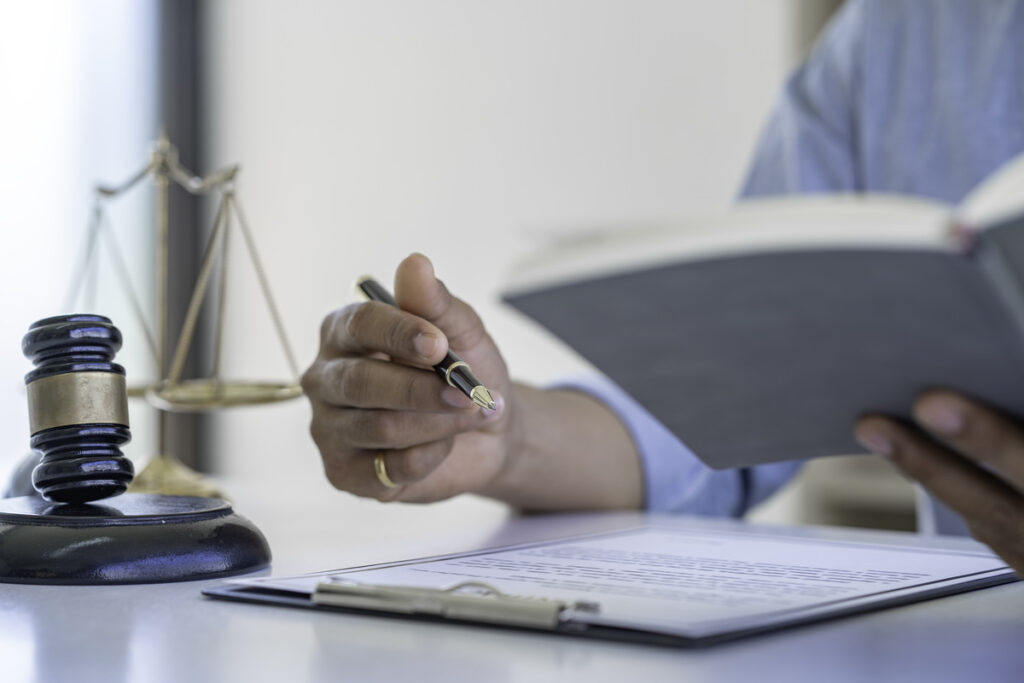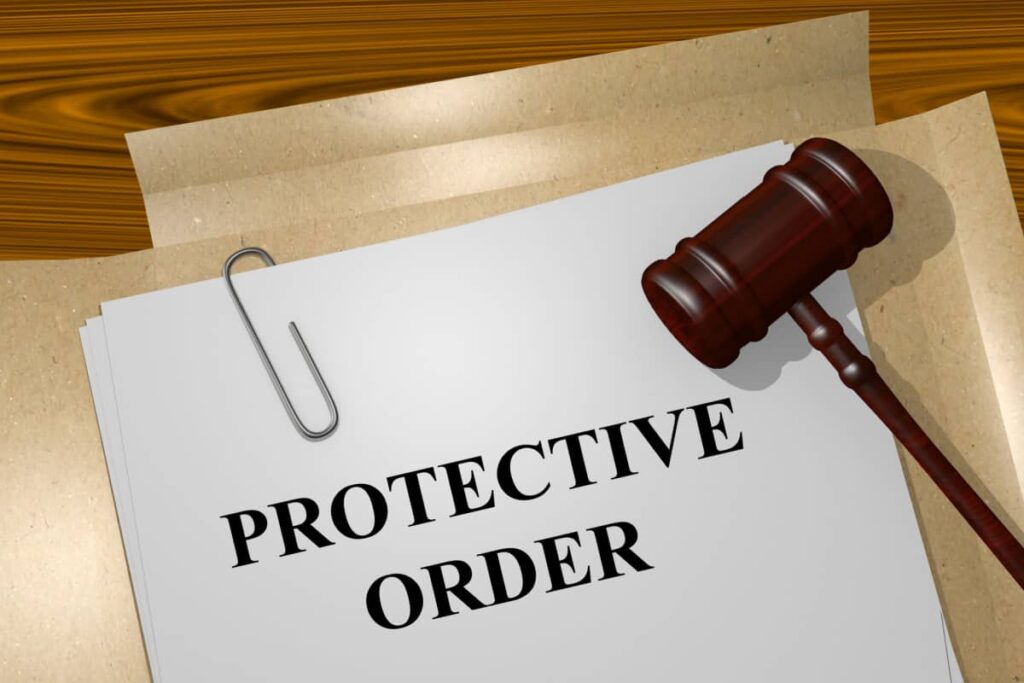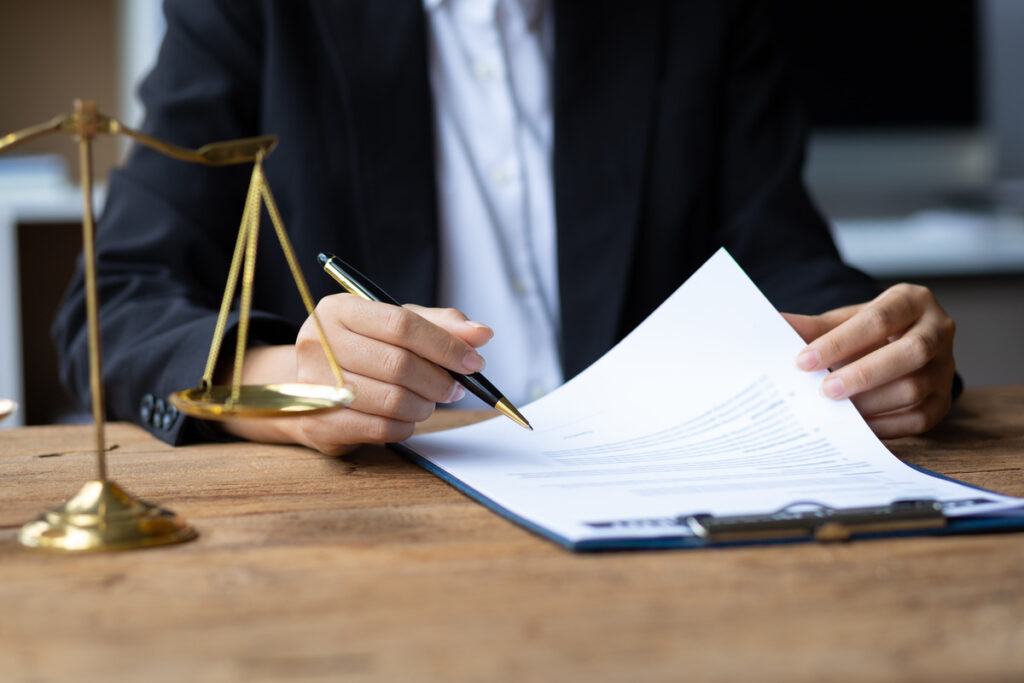What Happens if Domestic Violence Charges Are Dropped? Legal Insights
Table of Contents:
- Can Domestic Violence Charges Be Dropped?
- The Prosecutor’s Role and Decision-Making Process
- Victim’s Role in Domestic Violence Cases
- Legal Consequences of Dropped Charges
- Common Questions (Q&A) About Dropped Domestic Violence Charges
- Next Steps If You’re Facing Domestic Violence Allegations
- Why Seek Legal Assistance: The Law Office of Bobbie Young
Can Domestic Violence Charges Be Dropped?
Understanding Why This Happens
The Prosecutor’s Role and Decision-Making Process

Role of the Prosecutor
Prosecutors are crucial in criminal cases. Their decision to proceed (or not) with charges depends on the available evidence. Evidence can include:
- Police reports
- Photographs of injuries
- Medical records
- Witness testimony
- 911 call recordings
- Statements from the alleged victim and other witnesses
Burden of Proof
Public Interest Concerns
Victim’s Role in Domestic Violence Cases
How Victims Influence the Case
- Cooperation in Gathering Evidence: A cooperative victim provides statements and serves as a credible witness, which can strengthen the state’s case and sway the prosecutor to continue pursuing charges. Conversely, the prosecutor may reconsider if the victim is uncooperative or recants previous statements.
- Victim Impact Statements: Victims may give statements detailing how the alleged abuse affected them. Such statements can shape the case’s proceeds if the prosecutor deems them substantial and reliable.
Protective Orders

In domestic violence situations, courts often issue protective orders. If charges are dropped, these orders may remain in effect, depending on the state’s laws and the case’s particular circumstances. This highlights that having charges withdrawn does not permanently eliminate the protective or restraining orders initially put in place.
Legal Consequences of Dropped Charges
1. Expungement Possibilities
2. Court-Ordered Programs
3. Potential Civil Ramifications
4. Future Background Checks
5. Law Enforcement Data
Common Questions (Q&A) About Dropped Domestic Violence Charges
To address the most pressing questions on the topic “Can domestic violence charges be dropped,” here are five frequently asked questions along with detailed insights:
Q1: Can a Victim Directly Drop Domestic Violence Charges?
No. Criminal charges are pursued by the state’s prosecutor, not the victim. While a victim’s wishes may be considered, the ultimate decision to dismiss or drop charges lies with the prosecuting attorney.
Q2: Why Would a Prosecutor Decide to Drop Charges?
A prosecutor might drop charges if there is insufficient evidence to secure a conviction, if key witnesses refuse to cooperate, are unreliable, or if the prosecutor deems pursuing the case not in the public’s interest.
Q3: Will a Protective Order Remain in Effect After Charges Are Dropped?
It depends on the case. Protective or restraining orders are often separate from the criminal charges themselves. Even if the charges are dropped, the court may keep the order active for the victim’s protection or as part of a broader family law proceeding.
Q4: Can Dropped Domestic Violence Charges Affect My Record?

Q5: Do I Need an Attorney if the Charges Are Likely to Be Dropped?
Next Steps If You’re Facing Domestic Violence Allegations
1. Seek Legal Representation
2. Protect Your Rights
3. Document Everything
4. Prepare for Court
5. Consider Counseling or Support Groups
Why Seek Legal Assistance: The Law Office of Bobbie Young
How We Can Help
- Case Evaluation: We thoroughly review the facts, examining evidence and pinpointing weaknesses in the prosecution’s argument.
- Strategic Defense: Our legal team tailors a defense strategy unique to your circumstances, ensuring your rights remain safeguarded throughout the legal process.
- Negotiation with Prosecutors: We are skilled negotiators who can communicate effectively with the prosecution, possibly leading to a reduction or dismissal of charges.
- Courtroom Representation: If your case proceeds to trial, we provide steadfast representation in court, advocating for the best possible outcome on your behalf.
- Personalized Support: Above all, we understand that every situation is unique. We offer individualized attention, addressing all concerns and guiding you through every step.

Strong Call to Action
Your Legal Solution Starts Here
Clear, practical legal advice you can count on when it matters most